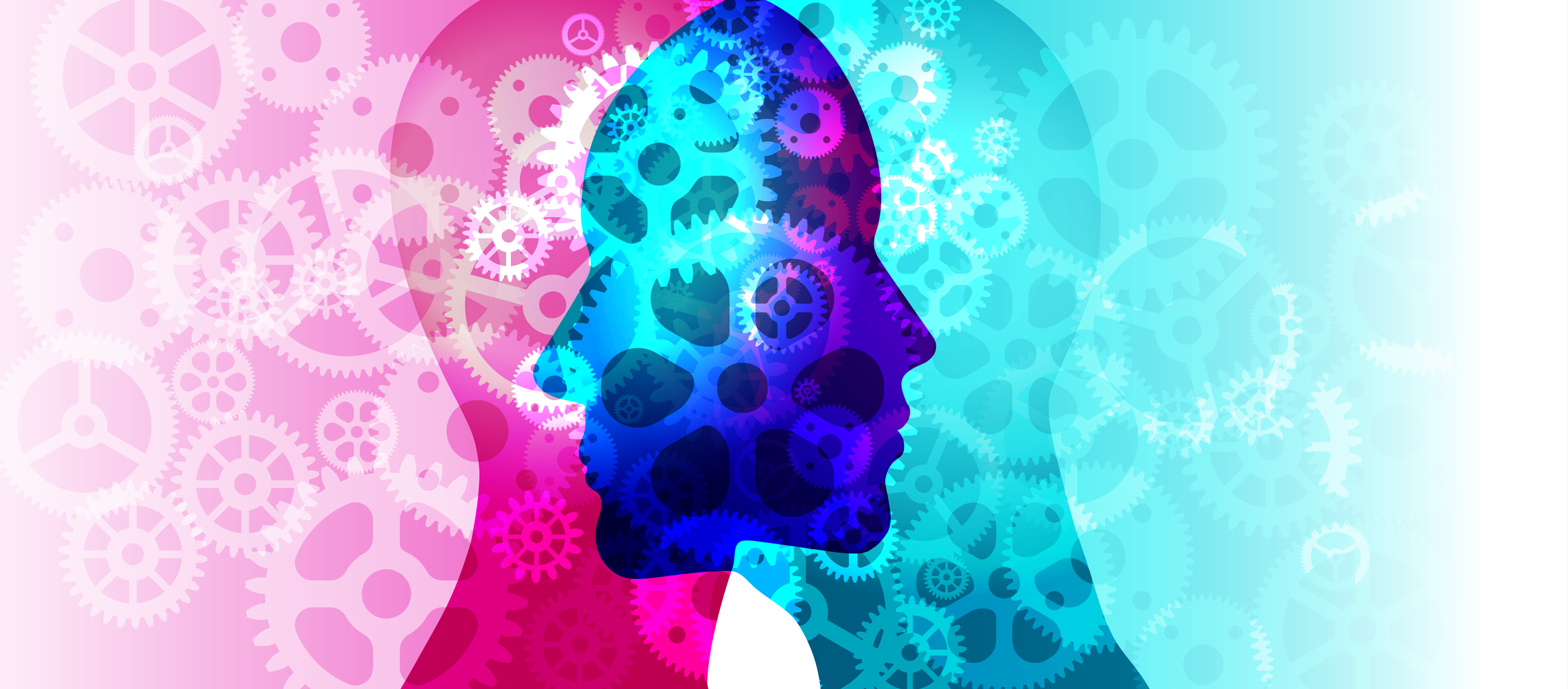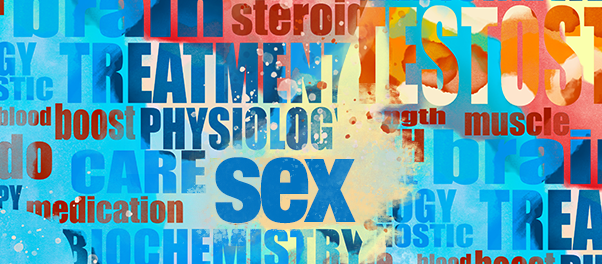Understanding Rationalization
Rationalization is a cognitive distortion that helps individuals justify or explain their behaviors, actions, or thoughts in a way that makes them seem more reasonable and acceptable. It is a defense mechanism to protect the ego from discomfort and guilt. By offering seemingly logical explanations, individuals can maintain a positive self-image and alleviate the cognitive dissonance that arises from conflicting thoughts or behaviors.
Examples of Rationalization:
- Counseling: A person struggling with substance abuse might rationalize their behavior by attributing it to stress at work or personal problems. They may argue that using substances helps them cope with their challenges, thus justifying their actions.
- Clinical Psychology: In the context of depression, an individual may rationalize their lack of motivation and withdrawal from social activities by convincing themselves that solitude is a necessary step for self-reflection and personal growth.
- Forensic Settings: In a criminal investigation, a suspect might rationalize their illegal actions by claiming that they were forced into criminal behavior due to economic hardship, thus portraying themselves as victims of circumstances.
- Police and Public Safety: A police officer involved in excessive force may rationalize their actions by arguing that they felt threatened, even if the threat was minimal or nonexistent. This rationalization can influence how incidents are reported and perceived.
- Integrated Behavioral Health: In an integrated behavioral health setting, a patient with a chronic health condition may rationalize non-compliance with medical advice by asserting that alternative therapies or home remedies are more effective.
Significance in Different Settings
- Counseling: Rationalization can hinder progress in therapy by preventing individuals from acknowledging and addressing the root causes of their issues. Therapists must help clients explore underlying emotions and challenge their distorted thought patterns.
- Clinical Psychology: Understanding rationalization is crucial in developing effective treatment plans. For example, a treatment goal may be to help clients recognize when they are engaging in rationalization. This involves increasing the client's self-awareness about their thought processes and helping them understand the function of rationalization as a defense mechanism. Rationalization often serves to protect individuals from uncomfortable emotions. Another treatment goal may be to delve deeper into the underlying issues the client is attempting to avoid. This exploration can lead to a more comprehensive understanding of the root causes of the client's difficulties. One helpful intervention would be to work with clients to identify and replace distorted thinking with more realistic and constructive perspectives. One way this might be done is to question the validity of the client's justifications and help them explore more accurate perspectives.
- Forensic Settings: Awareness of rationalization is vital in legal contexts to discern genuine remorse or responsibility. Legal professionals should consider the impact of rationalization on the credibility of statements and testimonies..
- Police and Public Safety: Training for law enforcement should include awareness of defense mechanisms like rationalization. Encouraging officers to reflect on their actions and supporting mental health can mitigate the negative consequences of unchecked rationalization.
- Integrated Behavioral Health: Collaboration between medical and mental health professionals is essential in integrated behavioral health. Addressing rationalization requires a holistic approach that considers physical and psychological well-being. Recognizing the interconnectedness of mind and body, improvements in sleep and stress management can positively impact cognitive processes related to rationalization. A comprehensive assessment considers both aspects, tailoring interventions to address symptoms and underlying contributors.
Combining psychological approaches like cognitive-behavioral therapy with lifestyle adjustments forms a holistic strategy. Holistic approaches empower clients through education on the mind-body connection, promoting self-care practices, and providing tools for managing physical and psychological well-being. This integrated approach aims to enhance overall health by addressing rationalization in a multifaceted manner.
The Problematic Nature of Rationalization in Therapy
While rationalization serves as a protective shield for the individual's ego, it can pose significant challenges in the therapeutic process. The primary issue lies in its ability to create a distorted reality, hindering the client from gaining true insight into their emotions, behaviors, and underlying issues. Here are some reasons why rationalization can be problematic in therapy:
- Impedes Self-Reflection: Rationalization prevents clients from engaging in authentic self-reflection. Instead of confronting uncomfortable truths, individuals may continue to evade responsibility for their actions, perpetuating a cycle of denial and avoidance.
- Maintains Maladaptive Patterns: Clients who consistently rationalize may struggle to break free from maladaptive thought patterns and behaviors. By justifying their actions, they inadvertently reinforce harmful coping mechanisms, making it challenging to implement healthier alternatives.
- Stifles Personal Growth: Genuine personal growth requires acknowledging and addressing uncomfortable truths. Rationalization, however, acts as a barrier to this process, hindering the client's ability to evolve and develop more adaptive ways of thinking and behaving.
- Undermines Therapeutic Alliance: The therapeutic relationship relies on trust and openness. If a client consistently rationalizes their actions, it may strain the trust between therapist and client. Moreover, this habitual rationalization may result in a lack of vulnerability, creating a barrier that obstructs open communication. In practical terms, this can impede the natural flow of discussion and self-exploration. Therefore, addressing and understanding the dynamics of rationalization is crucial for maintaining a strong therapeutic alliance and creating an environment where honest and open communication can occur.
Addressing Rationalization in Therapy
Recognizing and addressing rationalization is crucial for therapeutic progress. Here are strategies therapists can employ to tackle this defense mechanism effectively:
- Cultivate Awareness: Encourage clients to become aware of their rationalizations. This involves helping them recognize moments when they logically explain their behavior without delving into deeper emotions or motivations.
- Explore Underlying Emotions: Guide clients to explore the emotions driving their rationalizations. By delving into the core feelings behind their actions, clients can begin to understand the authentic sources of their distress and discomfort.
- Challenge Distorted Thinking: Actively challenge distorted thinking by questioning the validity of rationalizations. Therapists can help clients examine the evidence supporting their justifications and explore alternative, more accurate perspectives.
- Encourage Accountability: Foster a sense of accountability by helping clients take responsibility for their actions. This involves acknowledging the consequences of their behaviors and empowering them to make positive changes.
- Promote Emotional Expression: Create a safe space for clients to express their emotions openly. Encouraging emotional expression can help bypass the need for rationalization as clients become more comfortable confronting and discussing their true feelings.
- Develop Coping Strategies: Collaboratively work with clients to develop healthier coping strategies. By providing alternative ways to manage stress, anxiety, or discomfort, therapists can help clients move away from reliance on rationalization as a defense mechanism.
- Reinforce Positive Changes: Celebrate and reinforce positive changes in thought patterns and behaviors. Acknowledge the client's efforts in facing uncomfortable truths and making progress, fostering a sense of accomplishment and motivation for further growth.
Conclusion
Rationalization, a defense mechanism deeply embedded in human psychology, significantly shapes behavior across various settings. While it may temporarily relieve discomfort, its long-term consequences can impede therapeutic progress. Recognizing and addressing rationalization is vital in all mental health settings. By fostering increased awareness, exploring underlying emotions, and cultivating healthier coping strategies, professionals can empower individuals to overcome rationalization, facilitating a journey toward genuine self-discovery and sustainable personal growth.
Additional Resources
Training
Research
Blog Posts
eBook
- A Career Path in Counseling Isn't Always Straightforward. Learn More About Your Options with our Free eBook.






















